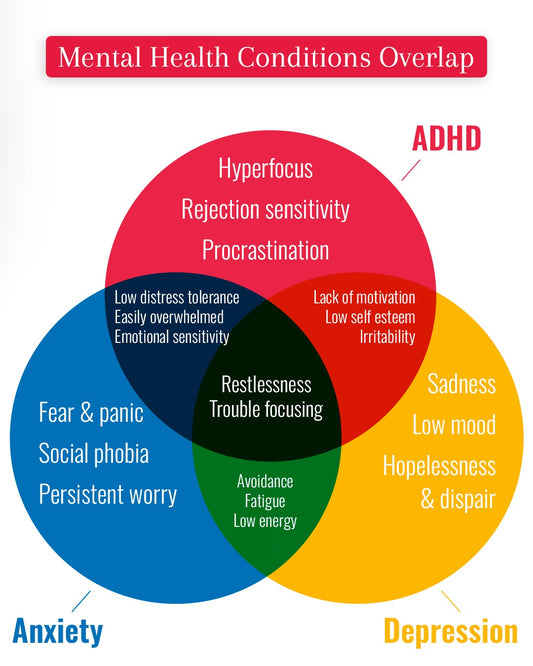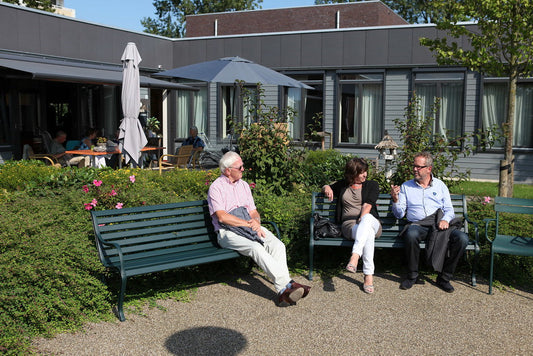
Senior Day Care Centers and Non-English Speakers
There’s a growing demand for day cares tailored to a niche group of minority adults. As the population of baby boomers keeps aging and the number of Dementia cases continues to rise, the demand for these day cares services continues to grow. The aging baby boomer population is also no longer traditional English speaking, American-raised adults. There is a growing number of culturally diverse individuals that come from all different backgrounds. Spanish. Chinese. Japanese. Russian. Groups that not only speak different languages (often with little to no understanding of English), but who also enjoy different activities. Music, interests, and activities they’re familiar with may be different. These individuals need care personalized to help them and better understand their needs.
In our experience, we’ve had issues finding a day care center where Dad feels comfortable and where the nurses can understand and meet his needs. As a human being he wants to be understood and this has been a challenge. It’s already difficult as some of his language skills and understanding declines, but then to add the complexity of him not understanding English makes it impossible for him to partake and understand the English instructed activities. We haven’t been able to find a Spanish speaking day care center in Atlanta. We did find one in Ft. Lauderdale and Miami, but these cities aren’t the only ones with Spanish speaking populations anymore.
It’s also been difficult finding centers that ease the burden for the caretakers. The centers near us only have activities and support until 3PM. If my brother and I work until 6 what are we supposed to do? There’s a need for centers that are available during business hours – just like how child care centers are open a little before and a little after the traditional 9-5 work hours.
We’ll continue to look for the right fit for Dad.
Author: Pedro Garcia



